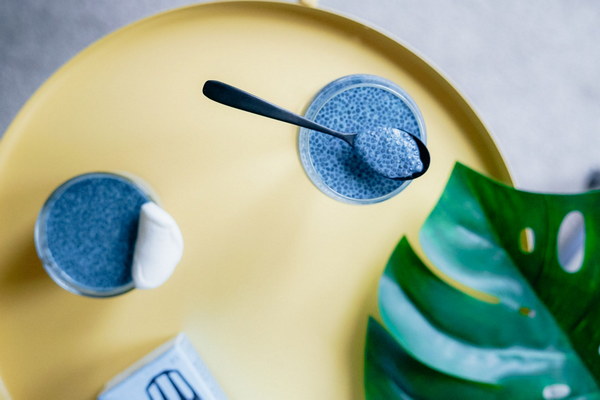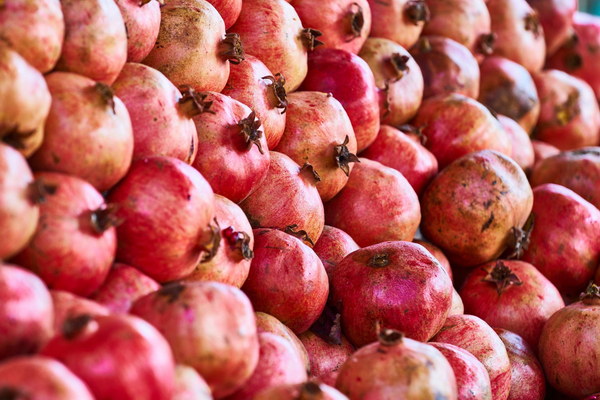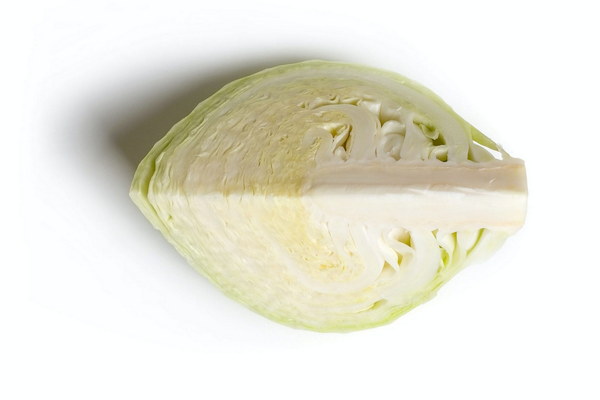9 Proven Steps to Nourish and Protect Your Liver A Comprehensive Guide
In the fast-paced world we live in, taking care of our liver often takes a backseat. Yet, this vital organ plays a crucial role in filtering toxins, producing bile, and metabolizing nutrients. Neglecting liver health can lead to serious conditions such as fatty liver disease, hepatitis, and cirrhosis. To ensure your liver remains robust and resilient, here are nine proven methods to nourish and protect it.
1. Maintain a Balanced Diet
A balanced diet is the cornerstone of liver health. Incorporate a variety of fruits, vegetables, whole grains, lean proteins, and healthy fats into your meals. Foods rich in antioxidants, such as berries, artichokes, and leafy greens, help neutralize free radicals and protect the liver from damage. Additionally, foods high in fiber can aid in the elimination of toxins and waste products.
2. Limit Alcohol Consumption

Excessive alcohol intake is a leading cause of liver disease. Even moderate drinking can strain the liver, so it's essential to limit your alcohol consumption. If you choose to drink, opt for lower-alcohol beverages and drink in moderation.
3. Stay Hydrated
Water is vital for overall health, including liver function. Adequate hydration helps the liver flush out toxins and supports the production of bile, which is crucial for digesting fats. Aim to drink at least 8 glasses of water per day and more if you're physically active or live in a hot climate.
4. Exercise Regularly
Regular physical activity improves liver function by promoting healthy blood flow, reducing inflammation, and aiding in weight management. Engaging in activities like walking, jogging, cycling, or swimming can help keep your liver in tip-top shape.
5. Get Adequate Sleep
Sleep is essential for liver repair and regeneration. Aim for 7-9 hours of quality sleep each night. Poor sleep can lead to increased levels of stress hormones, which can impair liver function.
6. Avoid Over-the-Counter Medications
Many over-the-counter medications, including pain relievers, can cause liver damage if taken in excess. Always follow the dosage instructions and consult a healthcare provider if you have concerns about medication use.
7. Manage Stress
Chronic stress can negatively impact liver health. Find healthy ways to manage stress, such as practicing mindfulness, meditation, yoga, or engaging in hobbies that bring you joy.
8. Avoid Smoking
Smoking damages the liver by increasing oxidative stress and inflammation. Quitting smoking can significantly improve liver function and reduce the risk of liver disease.
9. Regular Check-Ups
Regular health screenings are crucial for detecting liver problems early. If you have risk factors for liver disease, such as a family history of liver conditions, it's important to undergo regular check-ups and discuss your risk with a healthcare provider.
By incorporating these nine steps into your daily routine, you can help maintain a healthy liver and reduce your risk of liver disease. Remember, the key to liver health is not just about what you do, but also about what you avoid. Make informed choices and prioritize your liver's well-being to enjoy a healthier, happier life.









